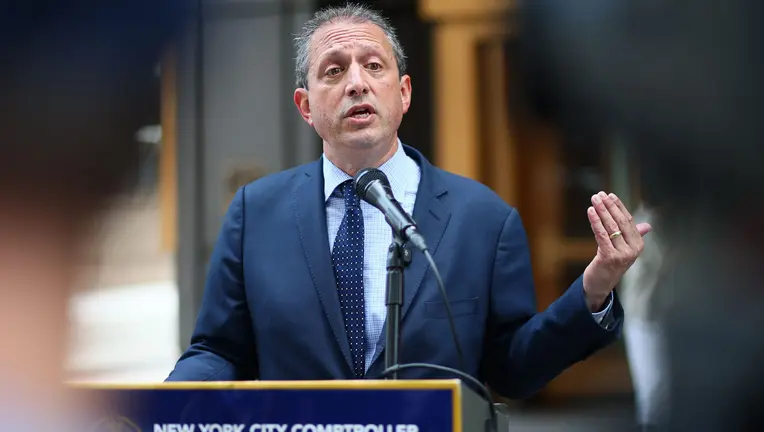CELEBRITY
Brad Lander walks out of the federal building with Gov Kathy Hochul. Who was arrested by ICE agents more than four hours ago

President Trump had promised changes to protect some migrant workers in a June 12 Truth Social post but his administration has since changed course

WASHINGTON ― The Trump administration will continue to conduct immigration raids at farms, hotels and restaurants, quickly reversing course after President Donald Trump last week vowed to protect migrants in these industries because of worker shortages.
The move, confirmed by the Department of Homeland Security, was first reported by the Washington Post, which detailed a rift in the White House on the exemption policy that Trump discussed in remarks and a social media post on June 12.
Brooke Rollins, Trump’s Agricultural secretary, relayed the farming industry’s concerns to Trump about losing workers because of the president’s mass deportations. But Stephen Miller, a deputy White House chief of staff and a top architect of Trump’s immigration agenda, opposed the carveouts for certain industries, the Post reported.
“The President has been incredibly clear. There will be no safe spaces for industries who harbor violent criminals or purposely try to undermine ICE’s efforts,” Tricia McLaughlin, assistant secretary at DHS, said in a statement to USA TODAY.
“Worksite enforcement remains a cornerstone of our efforts to safe guard public safety, national security and economic stability,” she added. “These operations target illegal employment networks that undermine American workers, destabilize labor markets and expose critical infrastructure to exploitation.”
Trump had promised changes to protect migrants in the farming, hotel and leisure industries in a June 12 Truth Social post that acknowledged ICE officers have expanded arrests beyond just migrants convicted of violent crimes, who Trump officials have said are the primary targets of raids and deportations.
“Our farmers are being hurt badly,” Trump said in remarks later that day, echoing the concerns raised by Rollins. “You know, they have very good workers. They’ve worked for them for 20 years. They’re not citizens, but they’ve turned out to be, you know, great.”












